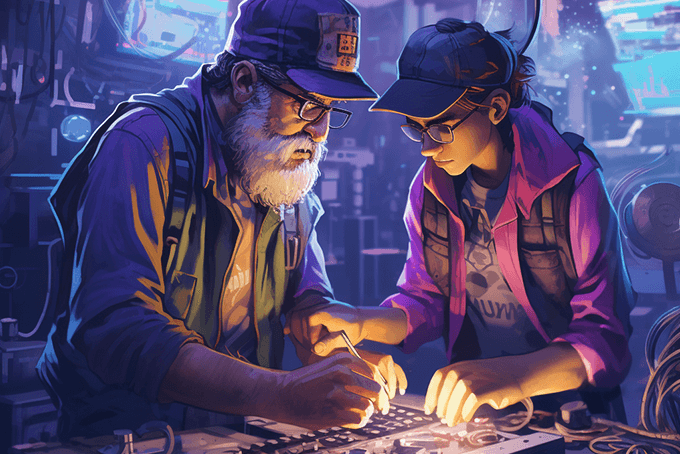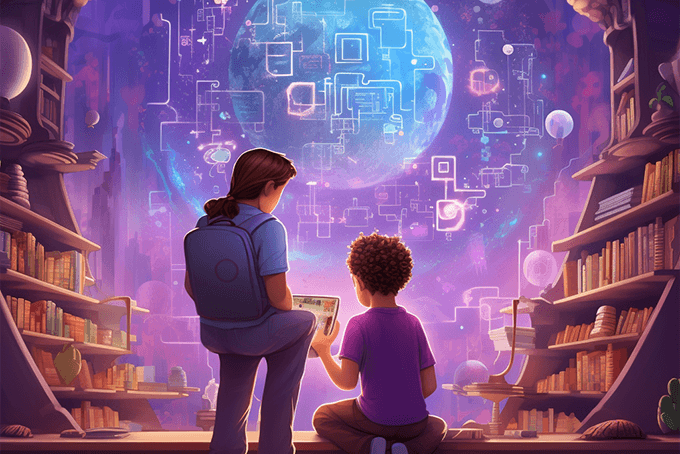One of the biggest challenges confronting educators has little to do with testing.
A question that strikes me as far more relevant than talking about testing is, “What does it mean to be a professional educator?”
Both technicians and professionals work from assumptions that tell them what to do. Technicians have a script which they follow. They identify a problem or situation and search for someone who knows what to do or can provide explicit steps that tell them how to proceed.
Have you ever had a technician x-ray you or take your blood? These procedures require specific steps that rarely vary. Everything depends on accuracy and precision. Technicians are different from professionals. They don’t need to be concerned about individual differences among patients, their perception of what is happening to them, or how to interpret the x-ray. They don’t have to make complex decisions based on a broad base of knowledge and experience.
Doctors, on the other hand, are professionals.They not only understand the need for specific procedures; they know how to interpret results, make decisions based on what they find, and know how to explain what is happening to their patients.

Doctors have a powerful foundational base grounded in how the body functions, is interconnected, and how symptoms are related. They have a coherent theory of how the body operates lawfully. They draw on this knowledge in order to make moment to moment decisions.
Over the past decade teachers have been largely trained as technicians.
Project Based Learning is one perfect example of going beyond the technician mentality, helping educators transition into a professional role. It requires that you first slow down the process. Testing makes everything urgent! Have you noticed how everything is framed in terms of “Now!” “Next week!” “Do this” or “do that by” …..
Schools have adopted the culture of urgency and educators have bought into the notion of teachers needing to solve problems instantly, usually with pre-packaged solutions spelled out by “experts”.
Project Based Learning requires a problem solving mind-set, openness to relevant questions, and an atmosphere of collaboration and negotiation.
Educators as Professionals
Let me ask you as an educator, “What is the foundational knowledge for your work?”
You might answer that your decisions as a professional are based on whether something “works” or has worked for someone else – increased test results on standardized tests, for example. Perhaps a certain procedure, strategy, or intervention was “researched,” produced “desired” results, and if you simply replicate what has already been done: “voila!” You have improved results with students. I placed quotation marks around certain words to signal that these words carry assumptions whose meaning can be – indeed, should be – challenged.
Let’s first step back and ask the same questions I would ask any educator claiming to be a professional.
Do you have:
- a powerful foundation that helps you ask appropriate questions, seek answers, and test your actions?
- a way of making decisions for individual students based on a broad background and experience (not just someone else’s “strategies that work”)?
- an ability to base your work on a complex understanding of how the interconnected body and brain operate and will respond to certain interventions or procedure?
- a continuous process for updating your skills and understanding new research on the many ways that humans learn?
- the time and opportunity to reflect on how to shift your teaching and adapt as new knowledge and procedures emerge?
A powerful theoretical foundation for education is much more than what worked for others. It is not something that is limited to testing and test results. Rather, any powerful foundation is based on a theory of learning grounded in how human beings actually learn.
These are my thoughts. What are yours?



